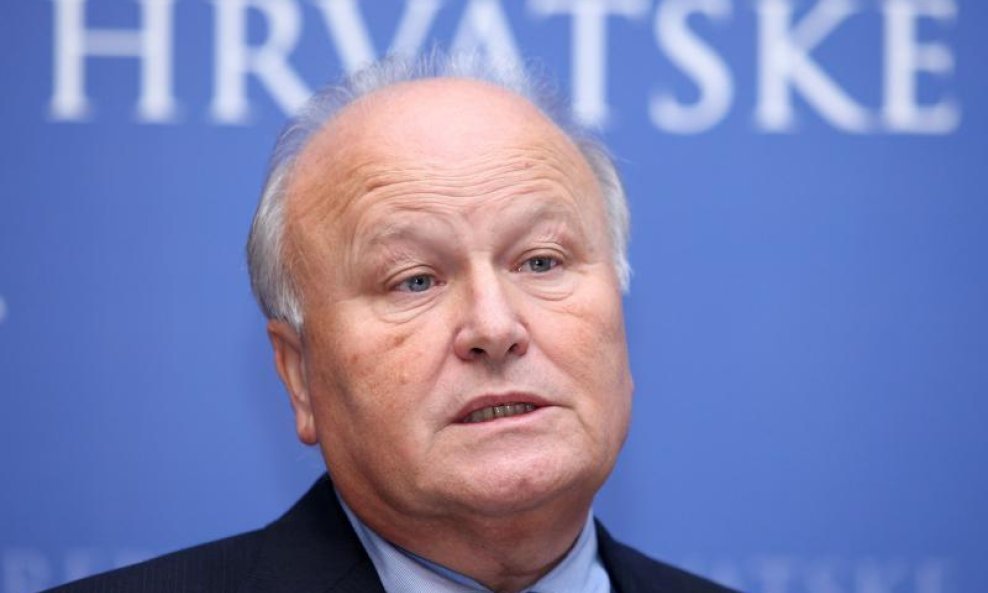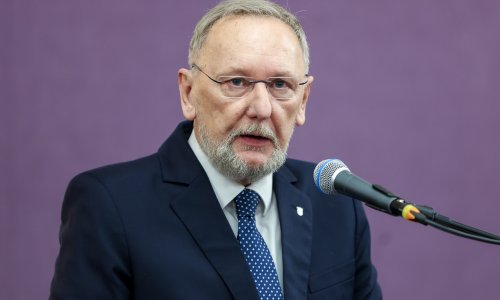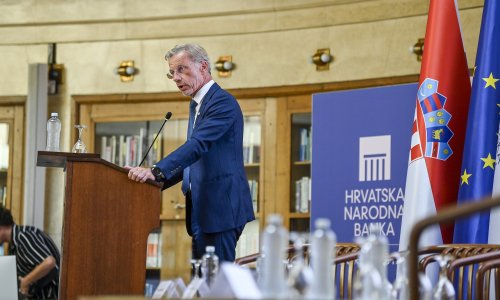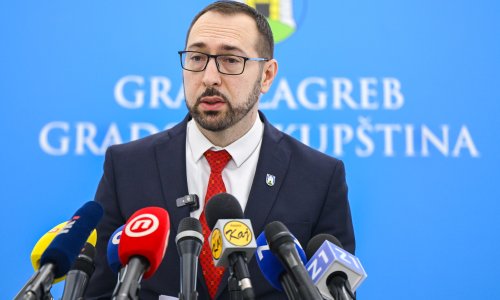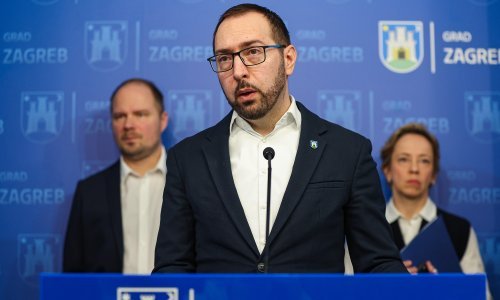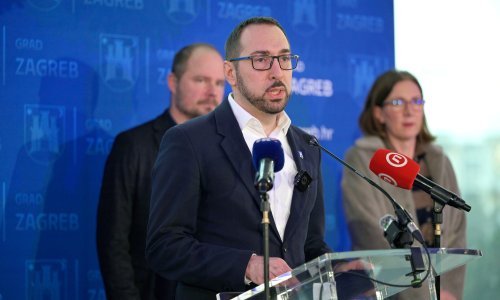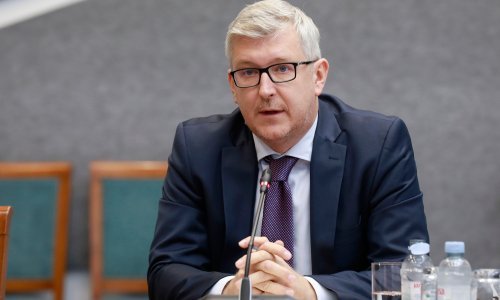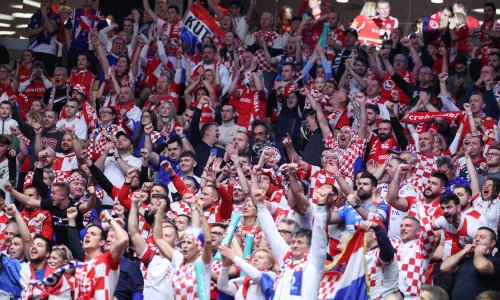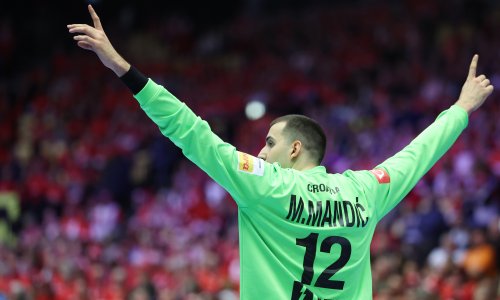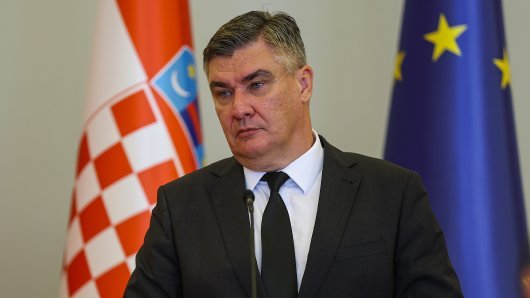Croatia cannot bring its public sector budget deficit within European Union limits before 2016 and needs even longer to begin cutting public debt, the country's finance minister, Slavko Linic, has told Reuters in an interview published on Tuesday.
Linic said the government was set to step up the pace of reforms this year and next, but Croatia's structural problems were too deep for a quick fix.
"We will certainly be able to bring the deficit below 3 percent (of GDP, the EU ceiling) in 2016, but we will need a few more years for structural problems, particularly the pension system and public debt," he was quoted as saying.
"Our pension funds can secure less than 50 percent of the funds needed to pay out pensions. This is our biggest structural problem and cannot be solved overnight," Linic said.
Public sector debt is now 54 percent of GDP and is expected to rise to 57-58 per cent in coming months, once the government consolidates debts in the health and shipbuilding sectors. With further state borrowing, it may pierce the EU-tolerated ceiling of 60 percent of GDP, Reuters wrote.
Linic accepted the likelihood of Croatia becoming subject to special budget monitoring by Brussels.
The European Commission told Croatia earlier this month it might go into a disciplinary Excessive Deficit Procedure (EDP) soon after joining on July 1 for breaching the bloc's budget deficit ceiling. The EDP entails steps to encourage the country to rectify the situation and failure to comply may trigger financial sanctions, like suspension of EU funds, Reuters said.
Linic said Croatia's economy would grow 0.7 per cent this year, despite analyst forecasts of a fifth straight year of decline.
"The growth forecast for this year remains 0.7 per cent. For next year we need growth of 1.5-2 per cent and I think it is achievable," he told Reuters in an interview late on Monday. He said he was basing his forecast on an expected increase in public and private sector investments and efforts to clear up the backlog of unpaid debts stifling the local economy.
Unlike central bank Governor Boris Vujcic, who told investors and journalists in London last week Croatia would seek to join the euro zone as soon as possible, Linic said no fast track was likely.
"We will need four to five years to meet the Maastricht criteria, only then can we think about the euro and joining the euro zone. What matters is that we keep the deficit in check so that it doesn't affect our ability to draw money from EU funds," said Linic.
"Next year we will have instructions from the Commission about what needs to be done. We won't have an easy time, like many other EU members that have deficits above three percent. Drafting next year's budget will not be a breeze".
Linic said this year's budget gap target of 3.4 per cent would be met. This amounts to 10.2 billion kuna ($1.79 billion) and the ministry plans to tap the local market in July after borrowing $1.5 billion on the international markets in April.
"We've yet to define the overall amount for the July bonds, but it will be our last borrowing this year. No budget rejig will be needed and we will firmly stick to our deficit targets," Linic said.
He also said Croatia would not need a deal with the International Monetary Fund to keep the public finances stable.



